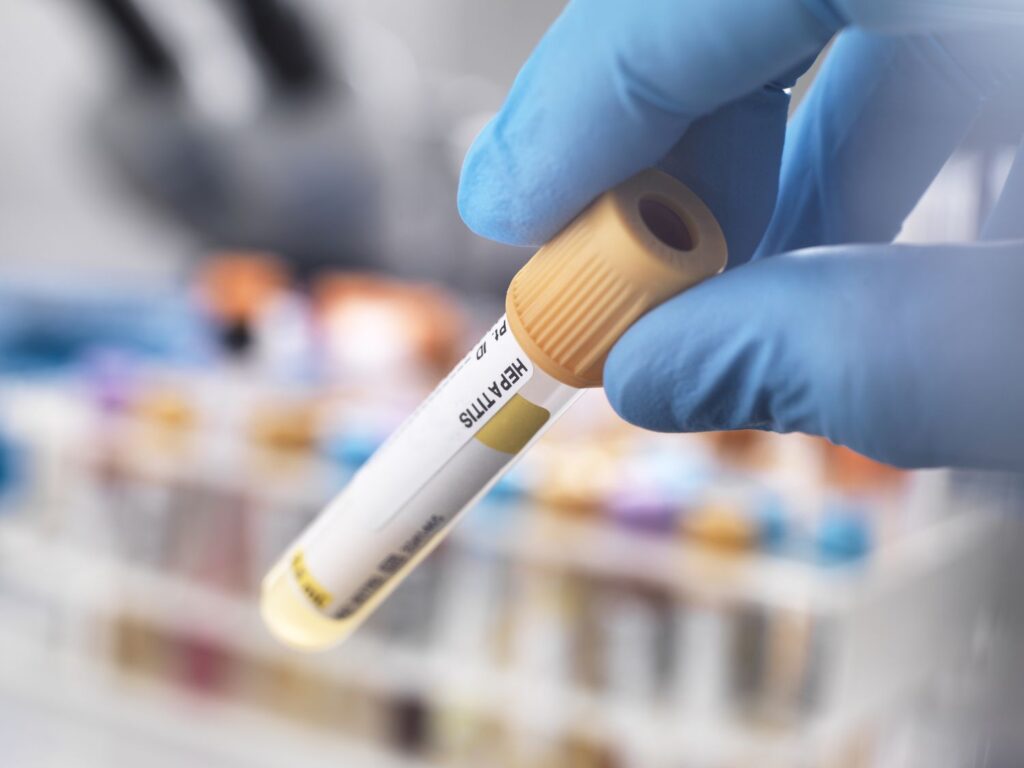
What is Gonorrhea?
Gonorrhea is a common sexually transmitted infection (STI) caused by the bacterium Neisseria Gonorrhea. It primarily affects the mucous membranes of the genital tract, but it can also infect the throat, rectum, and eyes. Gonorrhea is known for being asymptomatic in many cases, particularly in women, which can lead to its spread if not properly managed.
Gonorrhea Symptoms in Men
Men with gonorrhea may experience:
- Discharge: A thick, yellowish-green discharge from the penis.
- Pain: A burning sensation while urinating.
- Swelling: Swelling or pain in the testicles.
- Sore Throat: If the infection is in the throat, it may cause sore throat or pharyngitis.
Symptoms typically appear within 2 to 7 days after exposure, but some men may not show symptoms.
Gonorrhea Symptoms in Women
Women with gonorrhea may have:
- Increased Vaginal Discharge: A change in the amount, color, or smell of vaginal discharge.
- Painful Urination: A burning sensation while urinating.
- Pelvic Pain: Pain in the lower abdomen or pelvic area.
- Abnormal Bleeding: Bleeding between periods or after intercourse.
- Sore Throat: If the infection is in the throat, it may cause throat pain or discomfort.
Many women with gonorrhea may not have noticeable symptoms, making regular screening important.
Diagnosis and Tests for Gonorrhea
Diagnosing gonorrhea involves:
- Physical Examination: Checking for signs and symptoms of the infection.
- Urine Test: A urine sample can be tested for the presence of Neisseria gonorrhoeae.
- Swab Test: A swab from the genitals, throat, or rectum can be analyzed for the bacteria.
- Culture Test: A sample may be cultured to determine the exact strain and its sensitivity to antibiotics.
Treatment of Gonorrhea
Gonorrhea is treated with antibiotics. The most common treatments include:
- Ceftriaxone: An injection of ceftriaxone, often combined with oral azithromycin.
- Azithromycin: An oral antibiotic that may be used alone or in combination with ceftriaxone.
It is essential to complete the full course of treatment and to abstain from sexual activity until the infection is fully cleared.
Prevention of Gonorrhea
Preventing gonorrhea involves several strategies:
Safe Sexual Practices
- Use Condoms: Consistently use condoms during all forms of sexual activity.
- Limit Partners: Reduce the number of sexual partners and choose partners who have been tested and are free of STIs.
Regular Screenings
- Get Tested: Regular screenings for gonorrhea, especially if you have multiple partners or new sexual partners.
- Routine Check-ups: Include std test in dubai routine health check-ups.
Education and Awareness
- Awareness Campaigns: Participate in or promote awareness campaigns about the risks and prevention of gonorrhea.
- Education: Educate yourself and others about the symptoms, transmission, and prevention of STIs.
Partner Management
- Inform Partners: Notify sexual partners if you are diagnosed with gonorrhea so they can get tested and treated.
- Avoid Re-infection: Ensure that all partners are treated before resuming sexual activity.
Behavioral Interventions
- Promote Safe Behaviors: Encourage safe sexual practices and regular testing among peers.
- Counseling: Seek counseling or support services to address behaviors that may increase risk.
Vaccination Research
- Stay Informed: Keep up-to-date with research on potential vaccines for gonorrhea, which could provide additional preventive options in the future.
Healthcare Access
- Access to Services: Ensure access to affordable and confidential STI testing and treatment services.
FAQs on Gonorrhea
What kills gonorrhea fast?
Gonorrhea is effectively treated with specific antibiotics, such as ceftriaxone and azithromycin. Follow the prescribed treatment plan for the best results.
How long can gonorrhea last?
Without treatment, gonorrhea can persist for months or even years, potentially leading to serious health complications. With appropriate antibiotic treatment, the infection can be cleared within a week.
Is gonorrhea painful?
Gonorrhea can cause pain, particularly during urination, and in some cases, pelvic or testicular pain. The level of discomfort varies among individuals.
Can you feel gonorrhea immediately?
Symptoms of gonorrhea typically appear within 2 to 7 days after exposure. However, some individuals may not experience symptoms or may have mild symptoms that are not immediately noticeable.
What happens if I get gonorrhea during pregnancy?
Gonorrhea during pregnancy can pose risks to both the mother and baby, including preterm birth, low birth weight, and transmission of the infection to the baby during delivery. Prompt treatment is crucial to minimize these risks.






